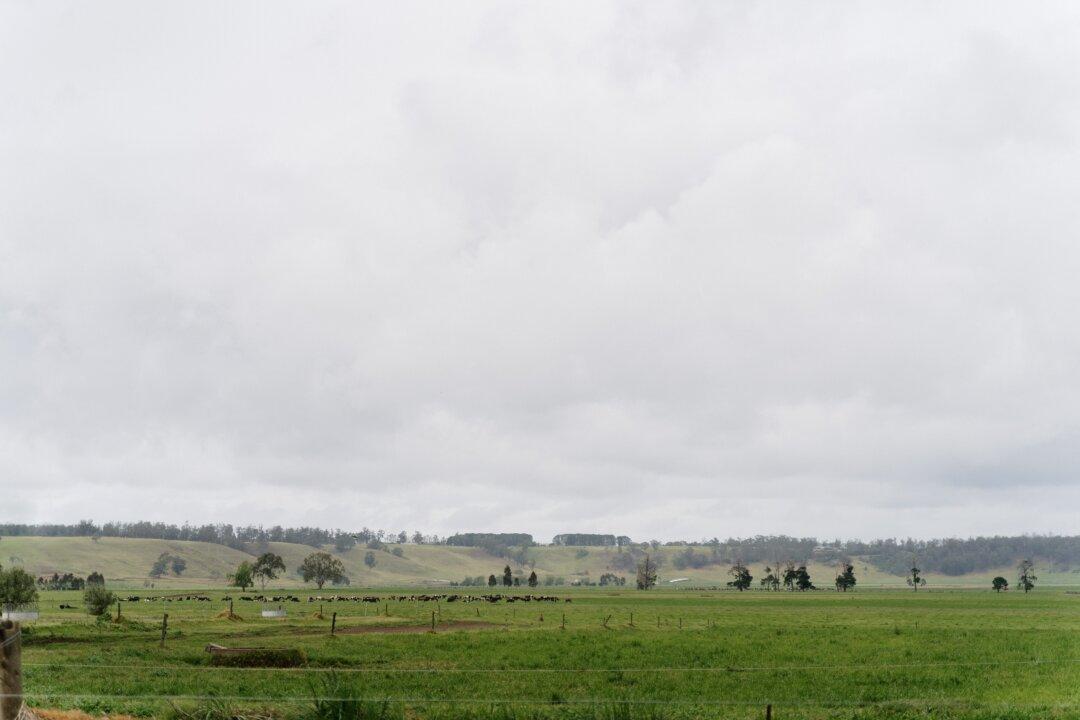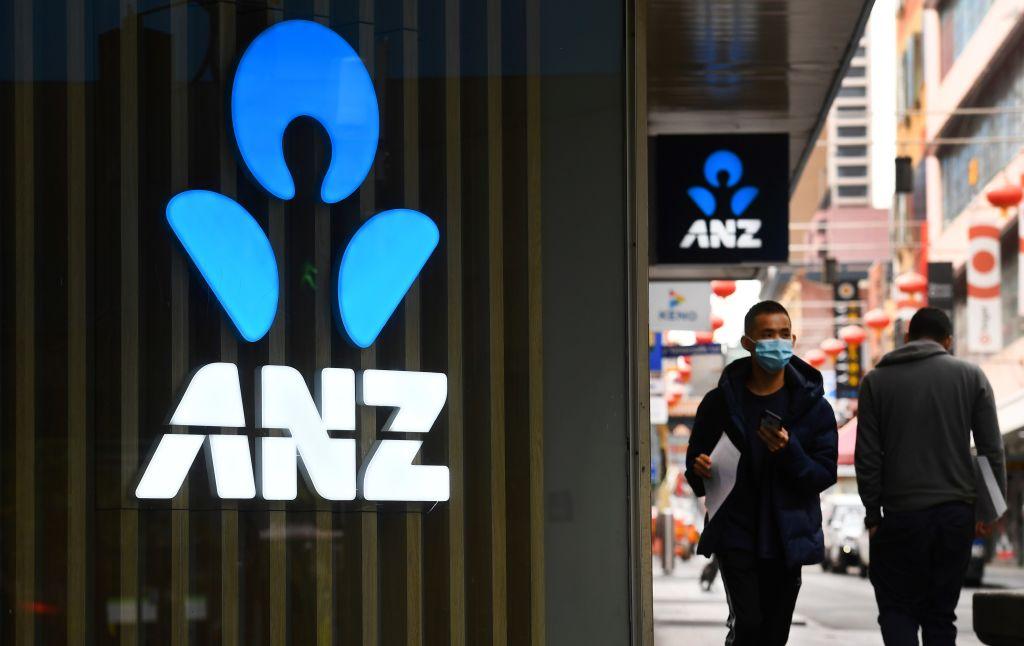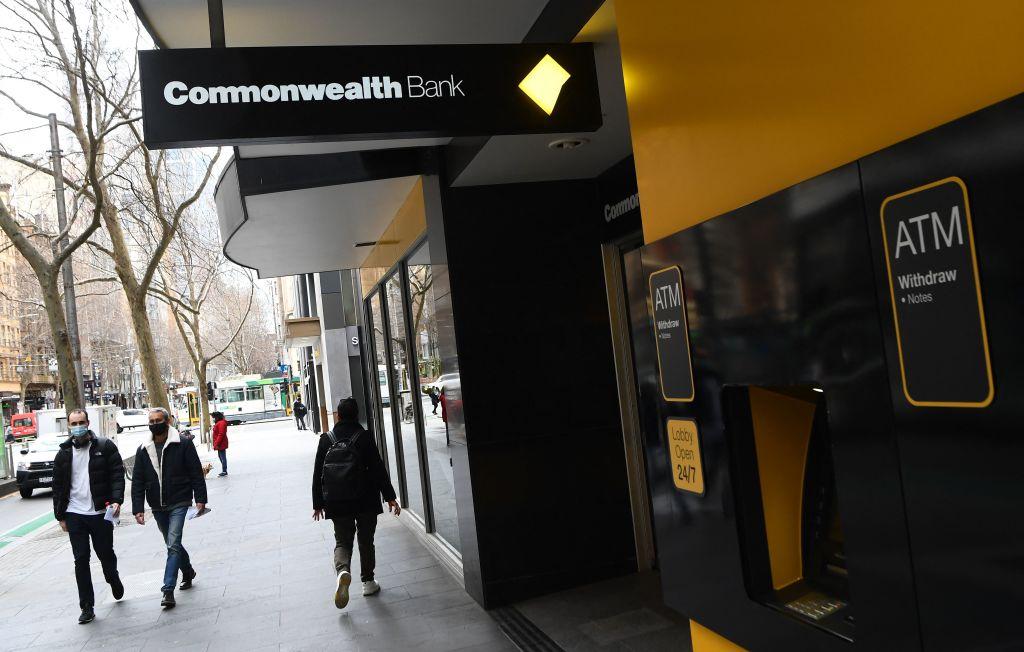Hundreds of Australian small and medium-sized exporters (SME) are set to receive a much-needed boost from the federal government’s newly delivered $4.9 million grant scheme, as they scramble to bounce back from the severe disruption caused by the CCP virus pandemic.
Launched in 2019, this second round of grants provided through the SME Export Hubs Initiative will empower ten export hubs across five states to enhance their capabilities to help local exporters harness diversified opportunities globally. This is especially the case in the areas where Australia has large growth potential including food and agribusiness, energy, cybersecurity, and advanced manufacturing.





